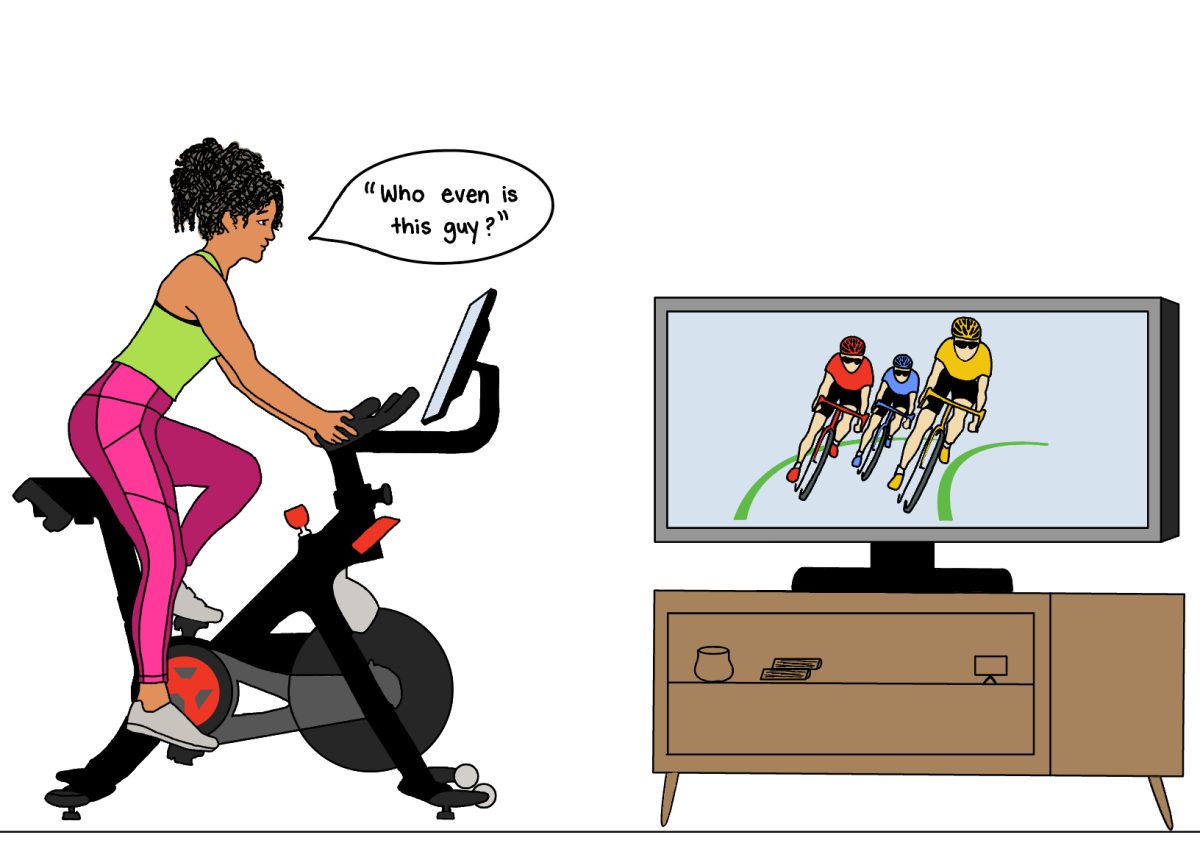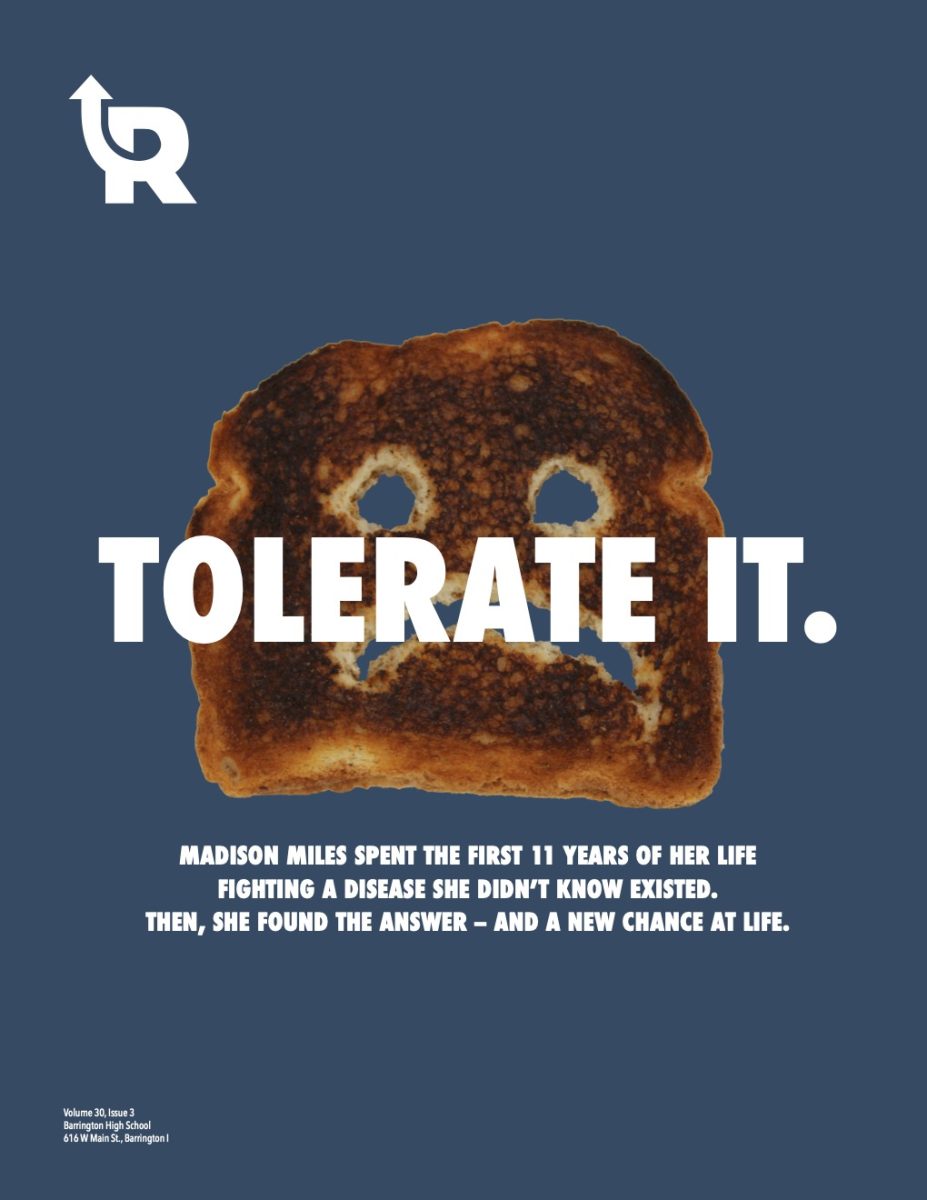Group therapy: Seven ways to avoid dysfunction
Group projects, especially teacher-assigned ones, are notoriously dreaded by students. Many people prefer to work independently in general, and bad group experiences could make even the biggest extrovert avoid them. But, according to research published from Carnegie Mellon University, positive group experiences actually contribute to improved learning, retention and future college success. They also foster communication skills and develop meaningful teamwork and collaboration. Bad groupmates invalidate the importance of these skills and frankly make everyone else miserable.
Learning to work with others is an obviously essential life skill, but some make it exceptionally hard to tolerate. This is because certain people during a group project may be uncooperative or even lead to the ruin of that perfect GPA you’ve worked so hard for. Here are seven ways to avoid being the person everyone hates to work with:
1. Don’t do your work last minute (or not at all). Especially if you previously promised to get a certain amount of work done and put it off. It may be fine to procrastinate for a day or two, but when it comes to projects you have weeks to work on, consequences for you and your group members will occur if you wait until the night before.
2. Don’t ignore text messages or calls from your group members. Your group members are likely only contacting you if they actually need help or new information has come up, so it’s important to recognize these communication methods. Feel free to ghost anyone but your group.
3. Don’t bail or skip out on presentation day. Even though most teachers will just allow your group to present the next day, it can be unpredictable and annoying for your group members to deal with.
4. Don’t be too controlling. It’s no problem to take charge during a group project by assigning roles or dividing work amongst members but it’s not fun to have someone constantly breathing down your neck about your work. Also, you should always keep in mind that people may not want to do the work you have assigned to them. Don’t suck the fun out of something that doesn’t need to be miserable.
5. Don’t be too critical of others. Although not every idea can be a good idea, it doesn’t warrant putting it down. If you do this repeatedly, it can give off the impression that you don’t value that person to the team and cause conflict.
6. Don’t purposefully avoid the hard work and only complete the easy portions. Group projects should be divided equally and by choosing to opt for only doing the easy sections, the other members may grow to resent you.
7. Don’t rely too heavily on others. By making others do your work for you or giving them the brunt of your responsibilities, you fall behind, and appear to be less valued as a part of the team. If you can’t seem to be independent and constantly ask for help during each step, the group project may become unbearable for your members, and further conflicts may occur.
Unfortunate as it might be, if you don’t recognize yourself doing these seven guidelines already, you may very well be the problem. You might be stuck in denial and instead of continuing to set your team back, you should adhere to this guide. Building friendships through teamwork and collaboration are important life skills that will help you throughout your entire life. This is why it’s especially important to value group projects and pay attention to not disrupt them.
Your donation will support the student journalists at Barrington High School! Your contribution will allow us to produce our publication and cover our annual website hosting costs.


























































